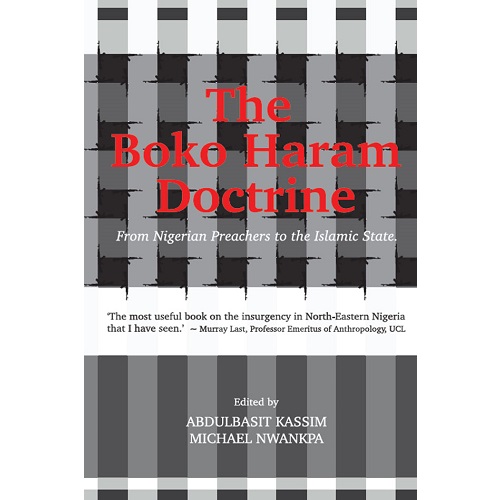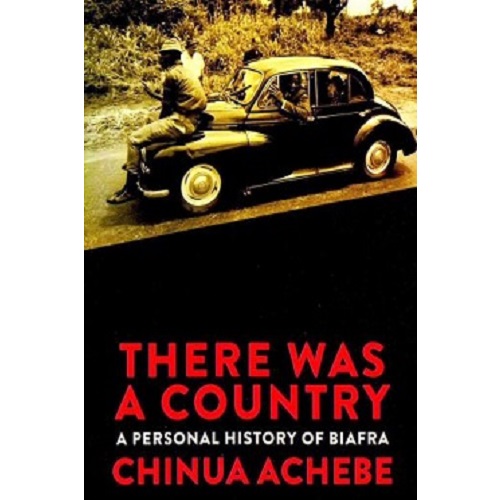-
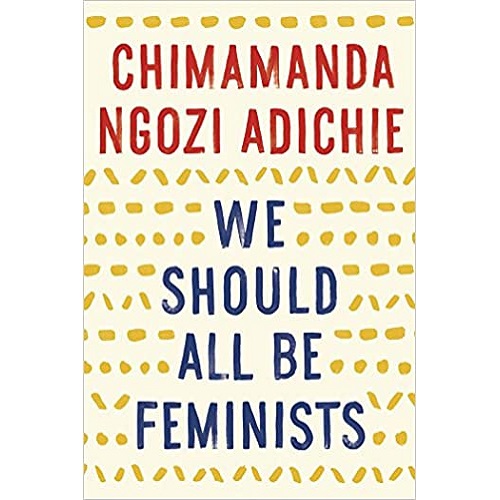
We Should All Be Feminists (Paperback) by Chimamanda Ngozi Adichie
₦1,500In this personal, eloquently-argued essay—adapted from the much-admired TEDx talk of the same name—Chimamanda Ngozi Adichie offers readers a unique definition of feminism for the twenty-first century, one rooted in inclusion and awareness. Drawing extensively on her own experiences and her deep understanding of the often masked realities of sexual politics, here is one remarkable author’s exploration of what it means to be a woman now—and an of-the-moment rallying cry for why we should all be feminists.
-
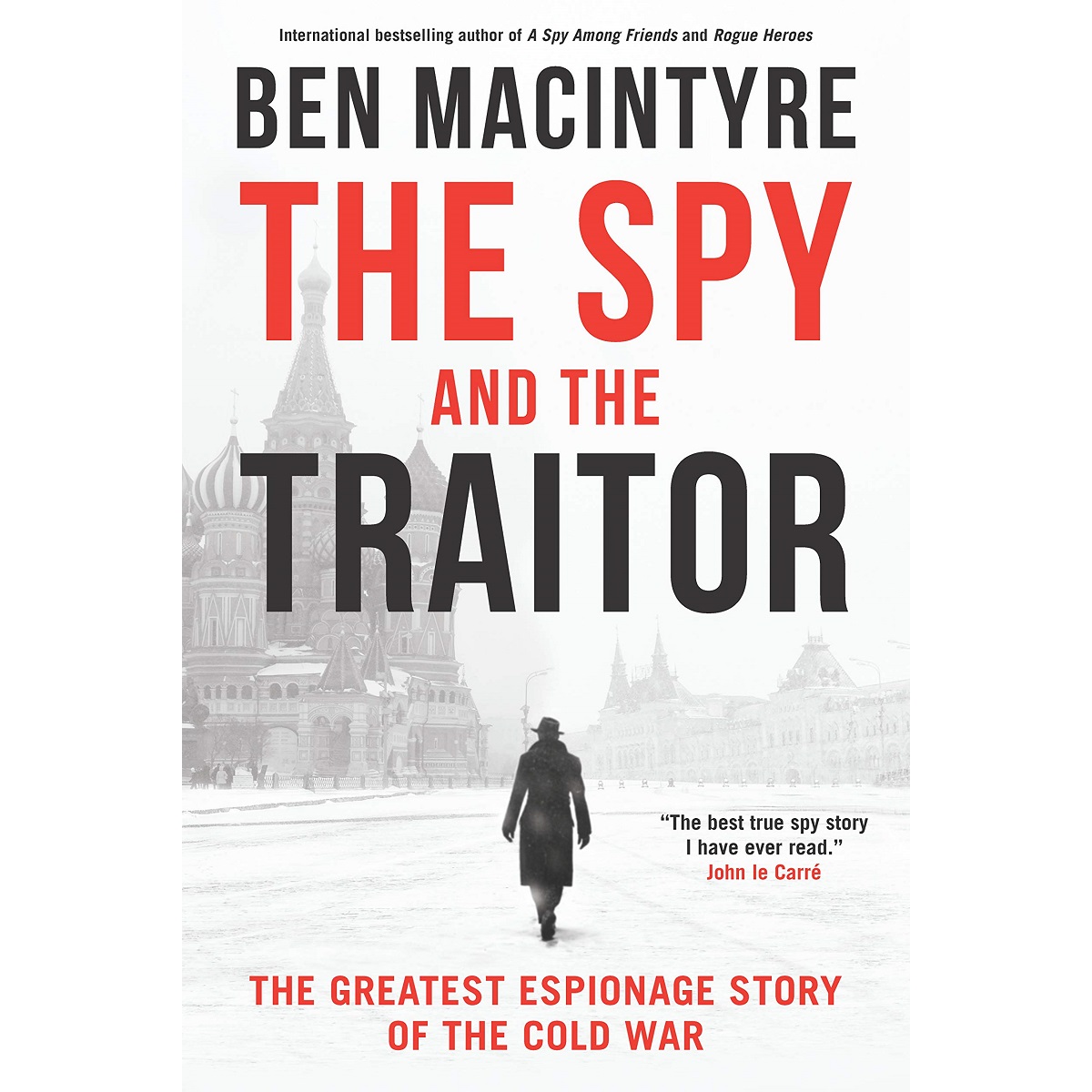
The Spy and the Traitor By Ben Macintyre
₦9,000The Spy and the Traitor By Ben Macintyre. If anyone could be considered a Russian counterpart to the infamous British double-agent Kim Philby, it was Oleg Gordievsky. The son of two KGB agents and the product of the best Soviet institutions, the savvy, sophisticated Gordievsky grew to see his nation’s communism as both criminal and philistine.
-
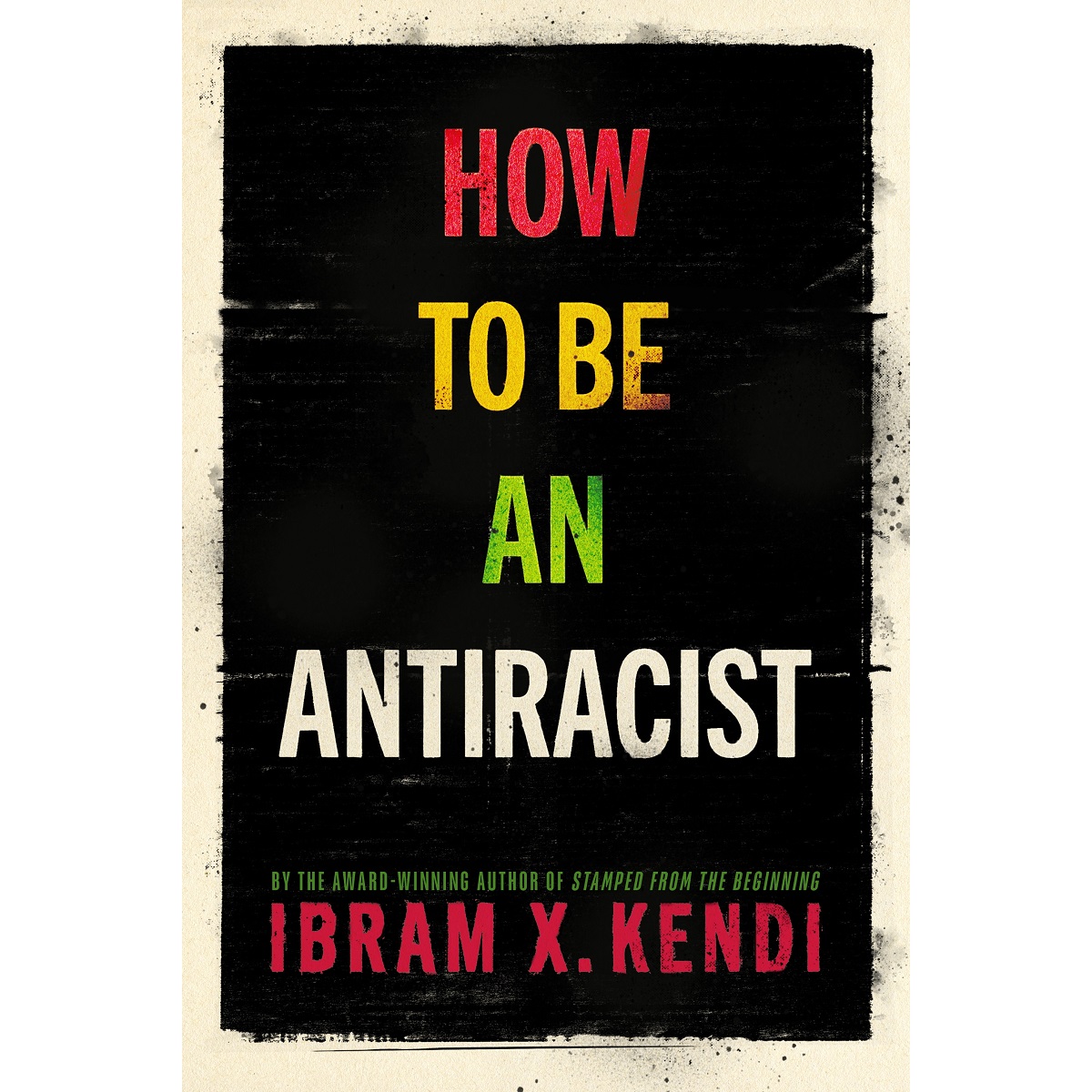
How to Be an Antiracist By Ibram X. Kendi
₦10,500In How to Be an Antiracist By Ibram X. Kendi, Kendi asks us to think about what an antiracist society might look like, and how we can play an active role in building it.
-
![The 21 Irrefutable Laws of Leadership [Workbook] By John C Maxwell](https://www.tarbiyahbooksplus.com/wp-content/uploads/2020/11/The-21-Irrefutable-Laws-of-Leadership_-Follow-Them-and-People-Will-Follow-By-John-C.-Maxwell.jpg)
The 21 Irrefutable Laws of Leadership [Workbook] By John C Maxwell
₦8,500Each of the twenty-one lessons contains the following sections:
- Definition of the Law: Understand the law and how it operates (explained using quotes from The 21 Irrefutable Laws of Leadership).
- Case Studies: Explore three primary characters in the Bible–some positive, some negative–that reveal and illustrate the law.
- Study Questions: Dig into Scripture and learn about the leadership law from each Bible character’s life.
- Leadership Insight and Reflection: Draw important personal conclusions about the impact of this law on your life.
- Taking Action Assess yourself in this law and develop specific action steps to grow or make important changes.
- Group Discussion Questions: Explore the core issues and share your insights through a guided discussion with your group.
-
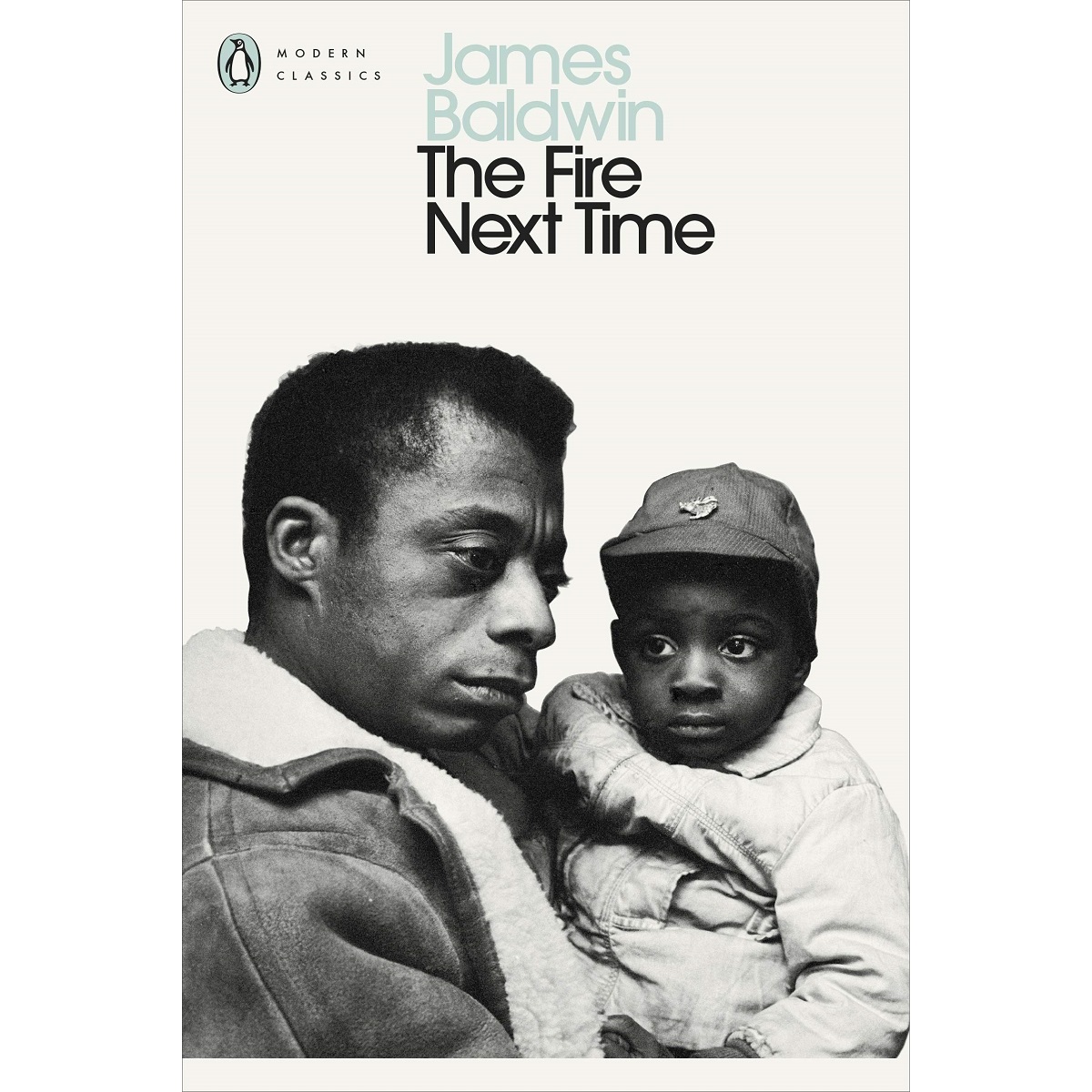
The Fire Next Time by James Baldwin
₦5,400A national bestseller when it first appeared in 1963, The Fire Next Time galvanized the nation and gave passionate voice to the emerging civil rights movement.
-
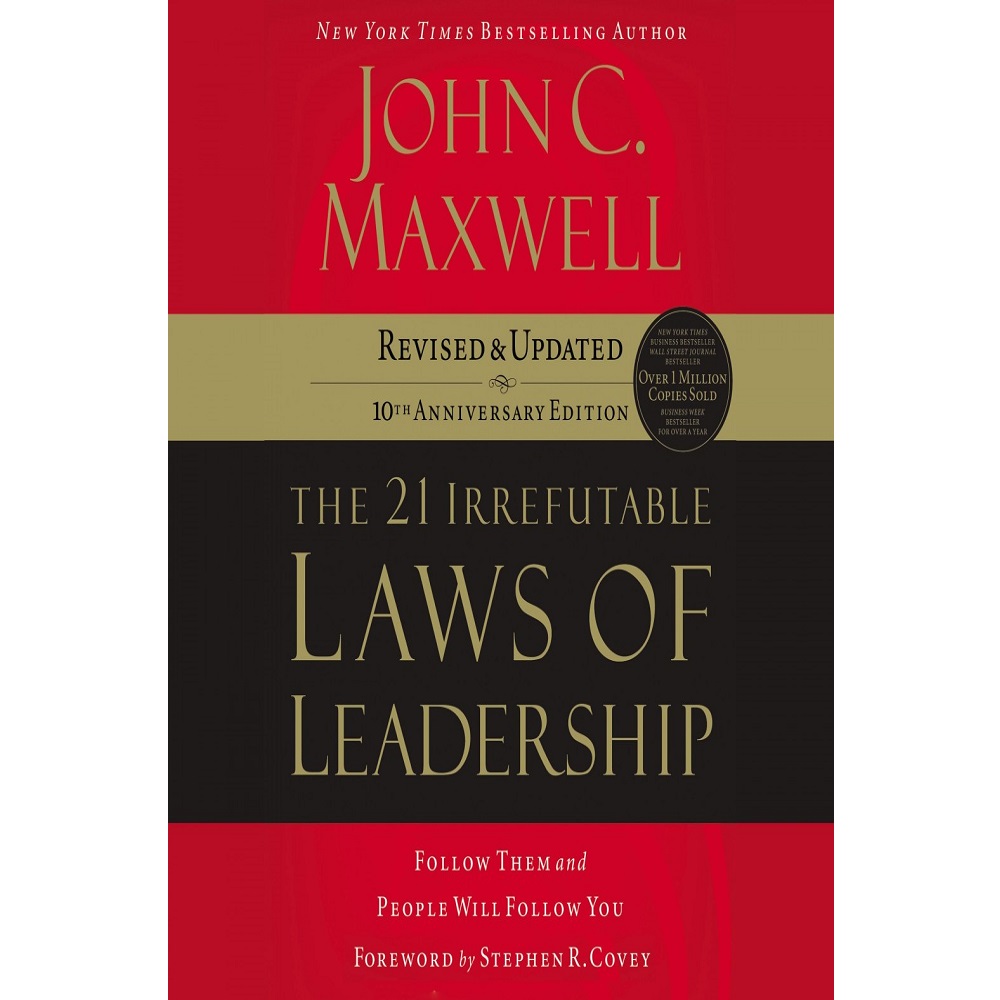
The 21 Irrefutable Laws of Leadership By John C. Maxwell
₦8,500If you’ve never read The 21 Irrefutable Laws of Leadership, you’ve been missing out on one of the best-selling leadership books of all time. If you have read the original version, then you’ll love this new expanded and updated one.
-
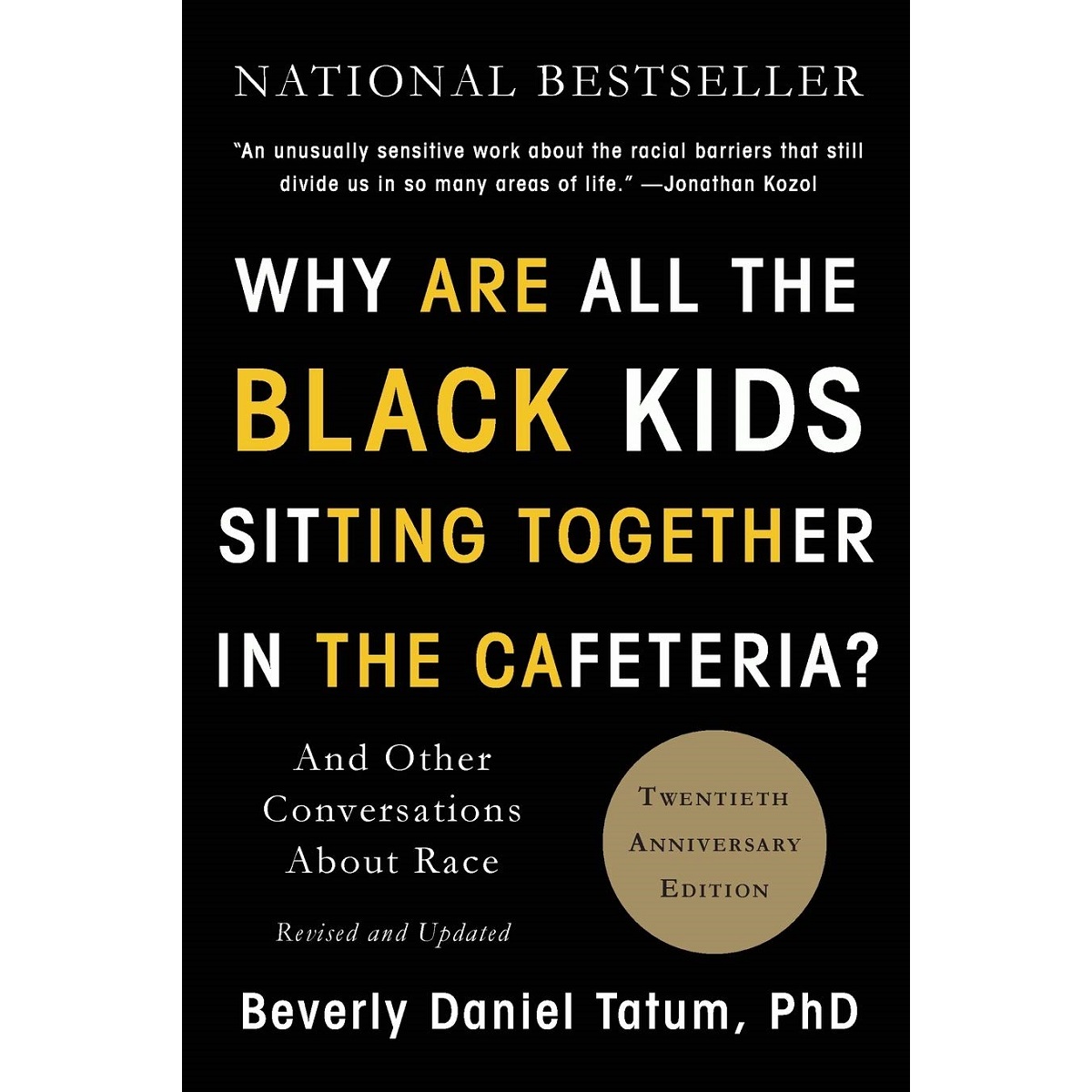
Why Are All The Black Kids Sitting Together in the Cafeteria? By Beverly Daniel Tatum
₦8,000Walk into any racially mixed high school and you will see Black, White, and Latino youth clustered in their own groups. Is this self-segregation a problem to address or a coping strategy?
-
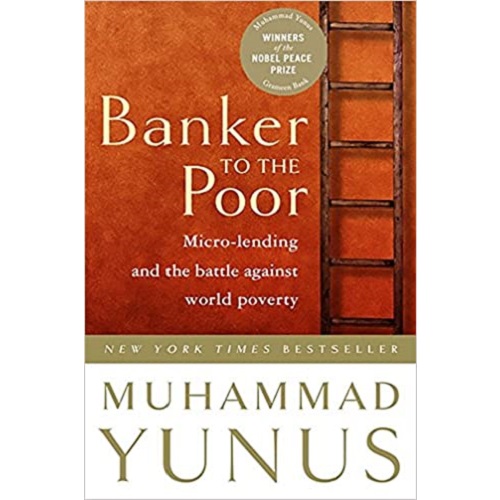
Banker To The Poor: Micro-Lending and the Battle Against World Poverty Paperback
₦5,500Muhammad Yunus was a professor of economics in Bangladesh, who realized that the most impoverished members of his community were systematically neglected by the banking system — no one would loan them any money. Yunus conceived of a new form of banking — microcredit — that would offer very small loans to the poorest people without collateral, and teach them how to manage and use their loans to create successful small businesses. He founded Grameen Bank based on the belief that credit is a basic human right, not the privilege of a fortunate few, and it now provides $24 billion of micro-loans to more than nine million families. Ninety-seven percent of its clients are women, and repayment rates are over 90 percent. Outside of Bangladesh, micro-lending programs inspired by Grameen have blossomed, and serve hundreds of millions of people around the world.
-
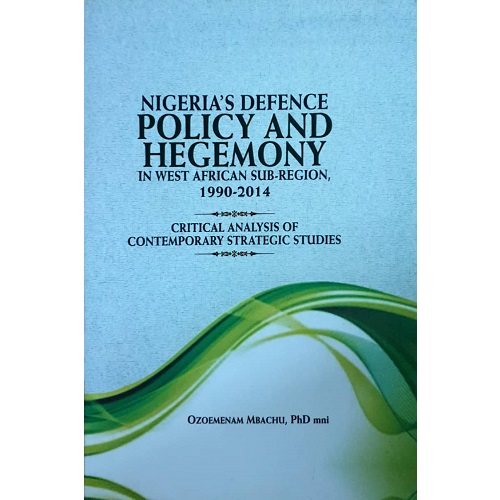
Nigeria’s Defence Policy and Hegemony in West African Sub-region, 1990-2014
₦8,500After 60 years of independence, an appraisal of Nigeria’s defence policy and hegemony in West African sub-region has become imperative. In her more than half a century as an independent nation, Nigeria’s leaders have consistently designed and fashioned foreign policy using her armed forces among other instruments to achieve international, regional and sub-regional peace and security. The stability of the West African sub-region requires among other factors, a single dominant state to articulate and enforce the rules of interaction among the members of the state.
-
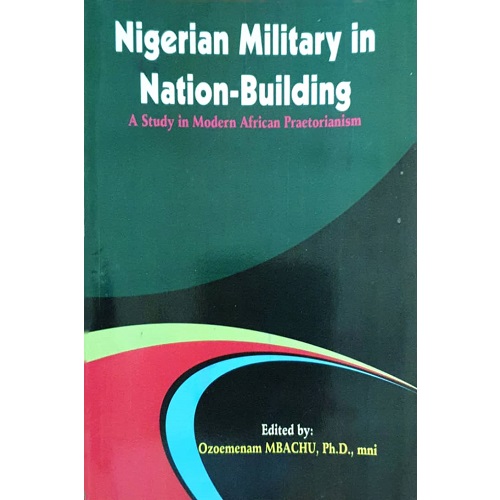
Nigerian Military in Nation-Building: A study in Modern African Praetorianism
₦3,500Since the existence of Nigeria as an independent nation, the Nigerian state has been repeatedly besieged by diverse forms of life-threatening security challenges. These challenges which emanate from within had consistently over the years disrupted governance, caused massive deaths, created an atmosphere of fear and insecurity, threatened the corporate existence of the nation and scared foreign investors and capital out of Nigeria.
-
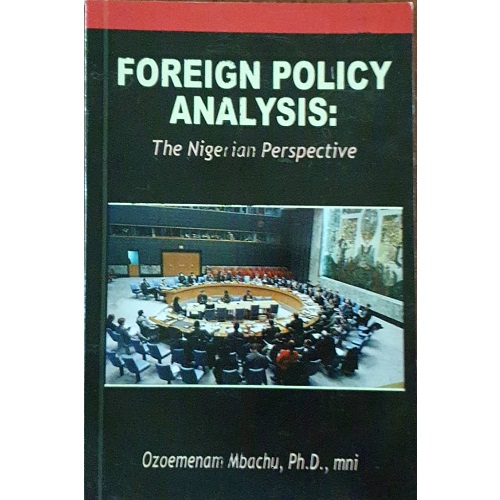
Foriegn Policy Analysis: The Nigerian Perspective
₦4,000Foreign Policy Analysis introduces students to the repertoire of approaches and techniques available for assisting analysts and decision-makers at various stages of the foreign policy process. it is concerned with foreign policy analysis as a practical activity. The book is a serious attempt to analyse Nigeria’s foreign policy from Sir Abubakar Tafawa Balewa, through myriads of policy actions down to General Ibrahim Badamasi Babangida.
-
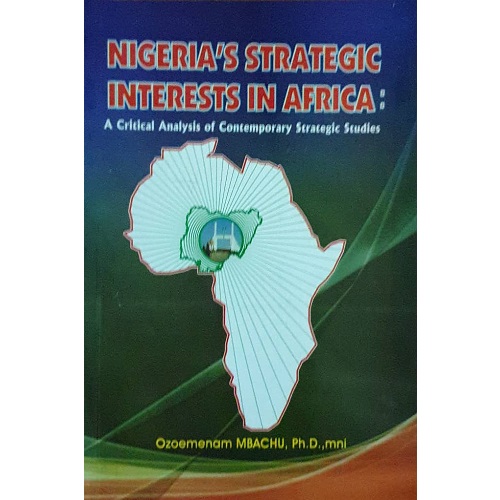
Nigeria’s Strategic Interests In Africa: A Critical Analysis of Contemporary Strategic Studies
₦3,500This book provides a comprehensive analysis of the nature and dynamics of Nigeria’s strategic interests in Africa. Nigeria since independence in 1960 has always declared Africa as the centrepiece of her foreign policy. She overstreched her self and behaved like a “Santa clause”.
The study has carefully analysed the challenges facing Nigeria in her pursuit of strategic interest in Africa. Nigeria’s capability to realise her strategic interest in Africa is often constrained by the presence and activities of extra-regional and regional actors and their surrogates.
-
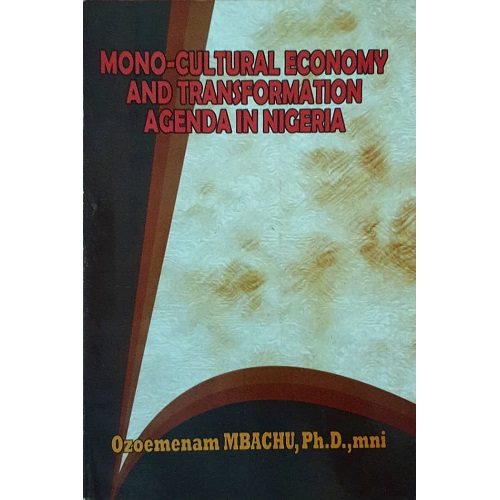
Mono-cultural Economy and Transformation Agenda in Nigeria
₦2,000Nigeria is the 8th largest oil producer in the world, the largest in Africa, sith in the organisation of petroleum exporting countries (OPEC), fifth-largest supplier to the United States and the most endowed oil producer in sub-Saharan Africa. The contribution of the oil industry to Nigeria’s foreign exchange earnings cannot be over-emphasised.
However, the impact of the sector on employment generation, value addition and diversification of other sectors of the economy has remained comparatively low.
-
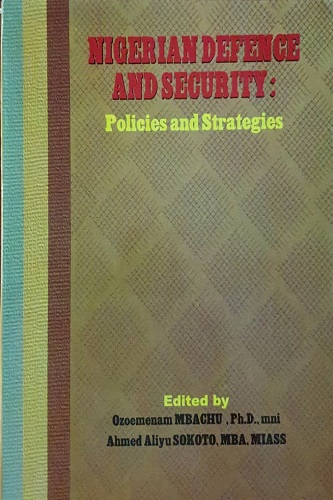
Nigerian Defence and Security: Policies and Strategies
₦9,500The Concern for defence and security is a basic pre-occupation of every human being, community and indeed every nation. There can be no meaningful development without security, hence nations have always been preoccupied with the provision of security as they devote vast resources to protect their sovereignty and independence. By providing adequate security for the lives and property of citizens within the state, people can engage in productive activities to meet their needs. National security is concerned with the creation of necessary peaceful conditions for political, economic and social activities which enhance the development of a nation.

